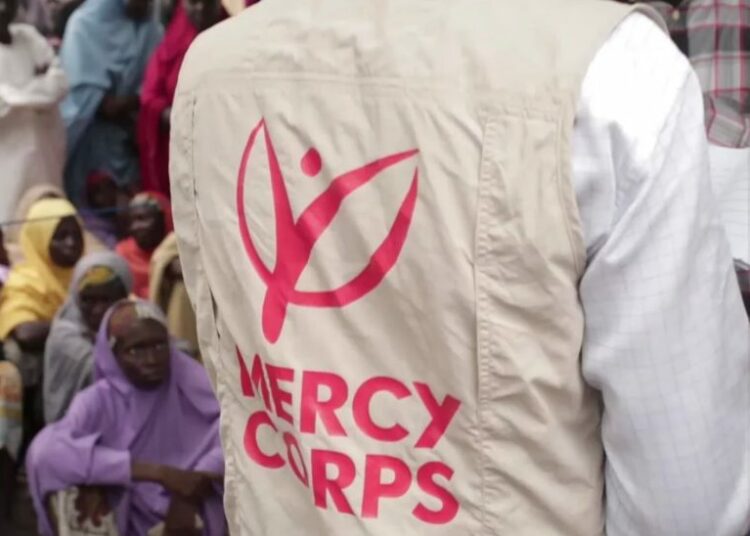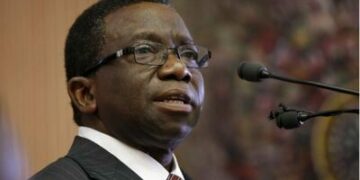Mercy Corps through its peace-building programme, Peace Action for Rapid Transformative Nigerian Early Response (PARTNER) has tasked journalists in Kaduna State on conflict sensitive news reporting.
The chief of the party of PARTNER, Danjuma Saidu Dawop, at a training for journalists on conflict sensitivity, said the aim was to help media practitioners incorporate conflict sensitivity guidance into their reporting.
He said the media landscape has evolved from offline to online, noting that before now journalists sourced information directly from their sources, but digital media has impacted the journalism profession.
Dawop said the unregulated use of social media has increased misinformation which can cause conflict in the communities.
He said, “In the past, people trusted the media as a source of reliable, verifiable news. But now, with social media, everyone can claim to be a journalist. The lack of regulation in social media makes it challenging for genuine journalists striving to share accurate information.”
He said, “We believe media practitioners must understand the impact of social media on journalism and peace-building. Journalists are agents of peace, and through social media, they can disseminate information fostering unity among communities.
“Media outlets have the platform to educate and provide clarity, particularly on peace and conflict issues. They can analyze conflicts, present various perspectives, highlight needs and interests, and inform people about the underlying issues,” he said.
The Early Warning Early Response (EWER) technical manager of Mercy Corps, Chrisantus Defuna’an Lapang, urged newsmen to identify the position, interests, needs, and fears of the conflicting parties in their writing.
He identified tools for conflict analysis as onion tool, iceberg, and conflict tree, urging media practitioners to know the best tool to use in conflict analysis.





